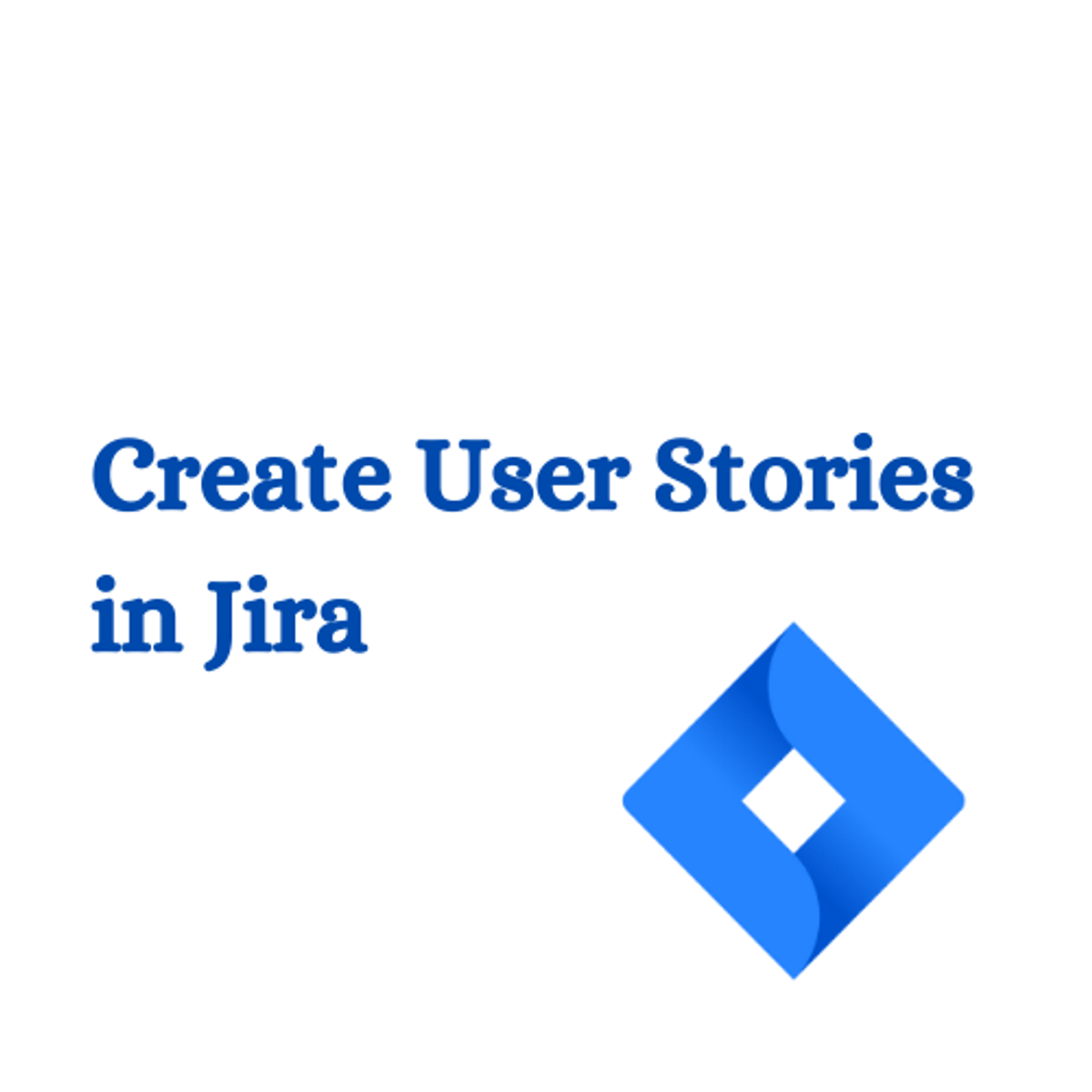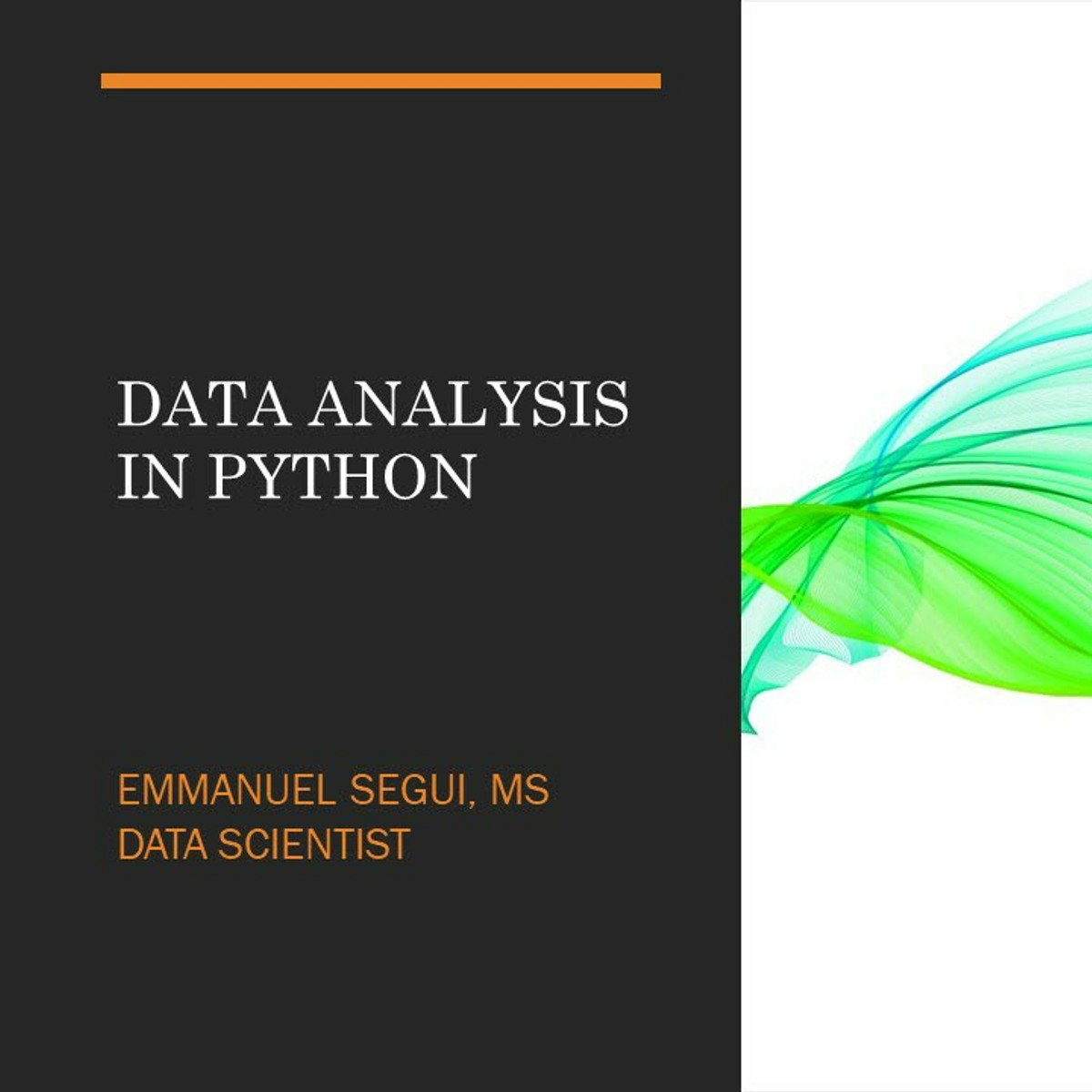Back to Courses









Data Management Courses - Page 8
Showing results 71-80 of 399

Predict Taxi Fare with a BigQuery ML Forecasting Model
This is a self-paced lab that takes place in the Google Cloud console. In this lab, you will explore millions of New York City yellow taxi cab trips available in a BigQuery Public Dataset, create an ML model inside of BigQuery to predict the fare, and evaluate the performance of your model to make predictions.

Distributed Machine Learning with Google Cloud ML
This is a self-paced lab that takes place in the Google Cloud console.
Learn the process for partitioning a data set into two separate parts: a training set to develop a model, and a test set to evaluate the accuracy of the model and then independently evaluate predictive models in a repeatable manner.

Vertex AI Tabular Data: Qwik Start
This is a self-paced lab that takes place in the Google Cloud console. In this lab, you will learn how to build a binary classification model from tabular data using Vertex AI.

Create User Stories in Jira
By the end of this project, you will be able to use Jira Software for project management to plan and manage your work. Jira is one of the most in demand project management tools and learning Jira will help you understand how to plan and manage your work, especially in the software field. This project is for beginners who aim to track, organize, and prioritize bugs, new features, and improvements for certain software releases or projects. In this project you will be able to create well-defined user stories in Jira, you will also create and use Sprints and Epics. You will identify the differences between them and be able to apply what you learned on any piece of work you are working on. This project will provide you with a good start in project management in the software field.

Integrated development environments in Linux
In this project, you will install and explore five free Integrated Development Environments or IDEs on a Linux System.
Linux is a popular operating system that is based on the Unix operating system. It is a popular Operating System for running efficient Application Servers, but also has a great Desktop available for running Integrated Development Environments for Application development. IDE’s offer the developer a single place to write, edit, debug, and launch programs in various languages.
Note: This course works best for learners who are based in the North America region. We’re currently working on providing the same experience in other regions.

Database Design and Diagramming in Dia
In this course you will be introduced to the process of designing a database. The old saying about a picture being worth a thousand words rings true in the database design process. Database designers document their designs using diagrams. To document your basic design, you will use a diagramming tool called “Dia”. You will review user requirements to identify the categories of data that will need to be included in the database, and then fill out those categories with details. You will also determine how the categories are logically related. Using Dia, you will document your logical database design using a standard database design diagram called an Entity Relationship Diagram. Generating the ERD is an important step in the database design process.
Note: This course works best for learners who are based in the North America region. We’re currently working on providing the same experience in other regions.

Regular Expressions in Python
In this 1-hour long project-based course, you will learn how to construct regex patterns, validate passwords and user input in web forms and extract patterns and replace strings with regex.
Note: This course works best for learners who are based in the North America region. We’re currently working on providing the same experience in other regions.

Online Data Migration to BigQuery using Striim
This is a self-paced lab that takes place in the Google Cloud console.
Continuous Data Replication from Cloud SQL for MySQL to BigQuery using Striim

Manage Docker on Linux Servers
Managing Docker on Linux servers is a valuable skill to have if you want to be a Docker administrator, a Docker developer, or want to learn more about Docker in a Linux environment. At the end of this project, you will know how to install Docker on Linux, add a user to the "docker" group, and manage Docker objects on the server. The focus is on Docker Engine instead of Docker Desktop, so you will learn how to use the Command Line Interface! Because of the nature of the virtual environment in this project, you should plan on completing the project during one session.

Building Cloud Native and Multicloud
In this course, we will cover the core concepts and practices of building and running Cloud Native applications and how to run these applications in a multicloud environment. We will cover technologies and practices including; microservices, DevOps, CI/CD, Docker, Kubernetes, and OpenShift.
This course is designed for anyone wanting to learn about the guiding principles of building cloud native applications and managing them across multiple cloud platforms, both private and public. Also covered in this course is how to automate many of the common functions of building and running cloud native applications and orchestrating the environment they run in.
A basic familiarity with cloud concepts and modern development practices is recommended. For the hands-on labs, an IBM Cloud account will be required as well as basic familiarity with command-line interfaces.
This course is designed for anyone wanting to learn about the guiding principles of building cloud native applications and managing them across multiple cloud platforms, both private and public. Also covered in this course is how to automate many of the common functions of building and running cloud native applications and orchestrating the environment they run in.
Popular Internships and Jobs by Categories
Find Jobs & Internships
Browse
© 2024 BoostGrad | All rights reserved